Picking Up The Pieces: First Steps After A Hurricane
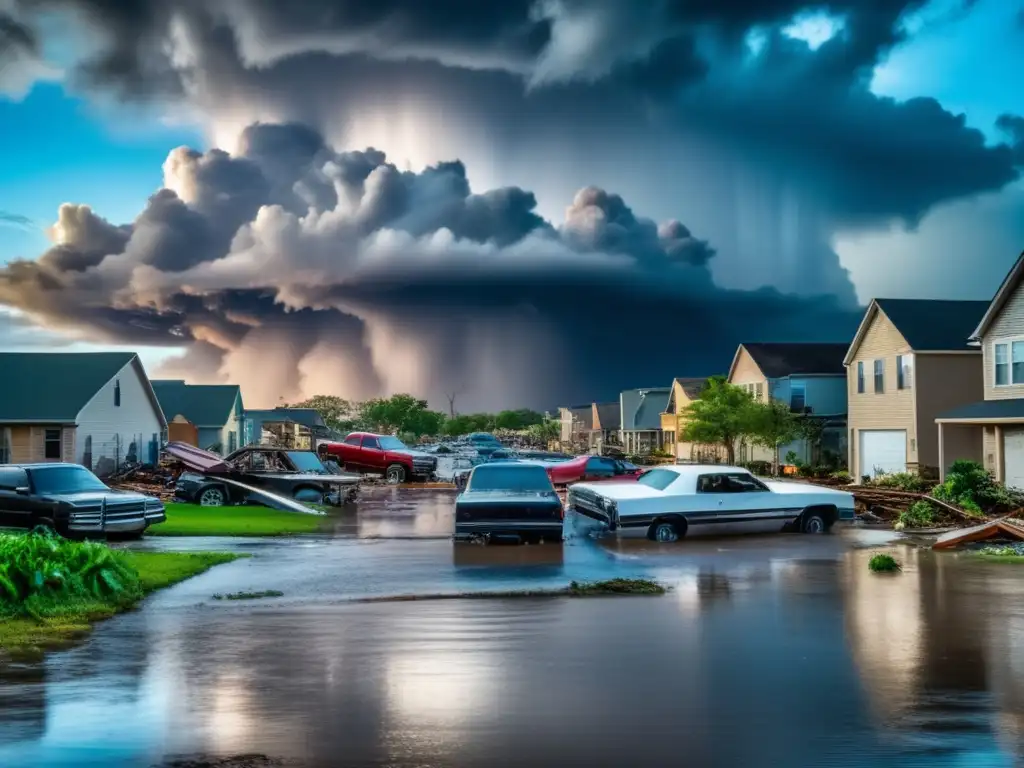
Picking Up the Pieces: First Steps After a Hurricane
Introduction
Hurricanes can cause extensive damage to homes, businesses, and infrastructure. The aftermath of a hurricane can be a daunting and overwhelming experience for those affected. It's essential to know the first steps to take after a hurricane to ensure safety, begin the recovery process, and access assistance. This article will provide valuable information on what to do in the immediate aftermath of a hurricane.
Assessing Damage and Ensuring Safety
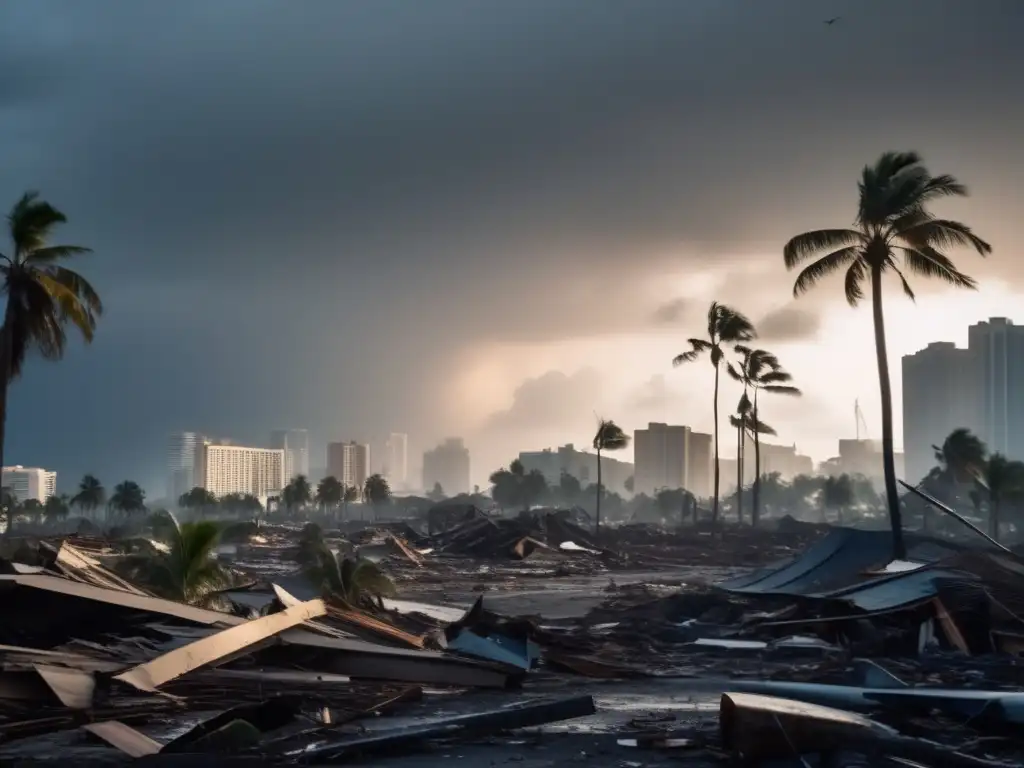
Check for Injuries
The first step after a hurricane is to check for any injuries or medical emergencies and seek medical attention if necessary. If someone has been injured, make sure they are safe and call 911 or emergency services immediately.
Beware of Hazards
After a hurricane, there may be hazards such as downed power lines, damaged buildings, and debris that could harm people. Stay away from any fallen or damaged power lines, and avoid standing water as it may be electrically charged. Be cautious when entering flooded areas, and avoid wading in floodwaters, which could contain dangerous debris or be a breeding ground for bacteria.
Assess Damage to Property
Once you have ensured safety, assess the damage to your property. Document the damage by taking pictures or videos for insurance purposes, and report the damage to your insurance company. Make temporary repairs to prevent further damage and protect your property from the elements.
Accessing Assistance

Contact Insurance Company
Contact your insurance company as soon as possible to report the damage and begin the claim process. Your policy may cover necessary repairs, temporary housing, and additional expenses incurred due to the hurricane. Ask your insurance agent about the coverage available to you and the documentation required to process your claim.
Apply for Federal Assistance
The Federal Emergency Management Agency (FEMA) provides financial assistance to individuals and families affected by natural disasters. Apply for FEMA assistance by visiting their website or calling their hotline. You may be eligible for temporary housing, home repairs, and other financial assistance.
Seek Help from Community Organizations
Many community organizations provide disaster relief services, such as food and shelter. Contact local organizations to find out about the assistance they can provide.
Cleaning Up and Repairing Your Property
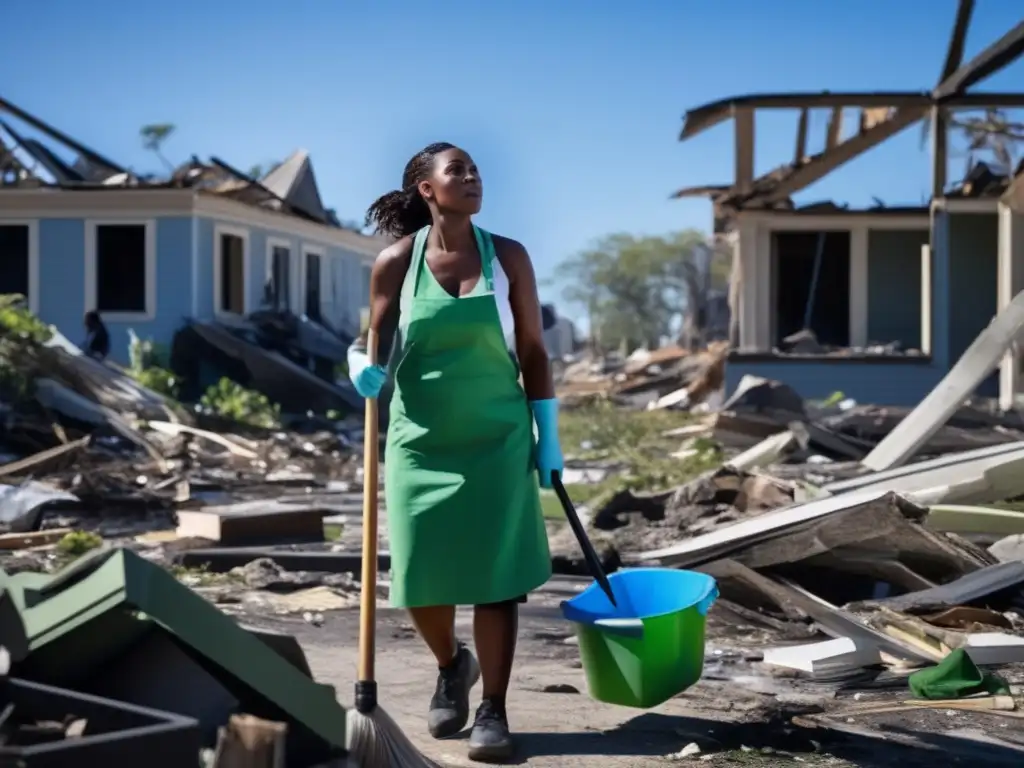
Remove Debris
Clear debris from your property to prevent it from becoming a hazard or blocking access to your home. Wear protective clothing, gloves, and a face mask when handling debris to protect yourself from potential hazards.
Make Necessary Repairs
Make necessary repairs to your property as soon as possible to prevent further damage and ensure safety. Hire a licensed contractor to assess the damage and make repairs. Make sure the contractor you hire has the required permits and is properly insured.
Prevent Mold Growth
Hurricanes often cause water damage, which can lead to mold growth. To prevent mold growth, dry any wet areas within 48 hours and clean surfaces with a bleach solution. Use dehumidifiers and air conditioners to reduce humidity levels in your home.
Emotional Support

Seek Emotional Support
The aftermath of a hurricane can be overwhelming and stressful, leading to emotional distress. Seek emotional support from family, friends, and community resources. There are also hotlines available that offer emotional support and counseling.
Be Patient and Stay Positive
Recovery from a hurricane can take time. Be patient and stay positive. Focus on small victories, such as cleaning up debris or making necessary repairs. Reach out for help when needed, and remember that recovery is possible.
Frequently Asked Questions

-
What should I do first after a hurricane?
The first step is to check for any injuries and ensure safety. Contact your insurance company, apply for federal assistance, and seek help from community organizations.
-
How do I assess damage to my property?
Document the damage by taking pictures or videos for insurance purposes, and report the damage to your insurance company. Make temporary repairs to prevent further damage.
-
What should I do about water damage and mold growth?
Dry any wet areas within 48 hours and clean surfaces with a bleach solution. Use dehumidifiers and air conditioners to reduce humidity levels in your home to prevent mold growth.
-
Where can I find emotional support after a hurricane?
Seek emotional support from family, friends, and community resources. There are also hotlines available that offer emotional support and counseling.
-
How long does recovery from a hurricane take?
Recovery from a hurricane can take time. Be patient and stay positive. Focus on small victories, and reach out for help when needed.
Conclusion
Hurricanes can be devastating, but the first steps after a hurricane are critical to ensuring safety, beginning the recovery process, and accessing assistance. Checking for injuries, assessing damage to your property, and accessing assistance from insurance companies, FEMA, and community organizations are essential steps to take. Additionally, taking care of yourself emotionally by seeking support from family, friends, and hotlines can help you cope with the aftermath of a hurricane.
Additional Resources

- Ready.gov: Hurricanes
- FEMA Disaster Assistance Information
- Red Cross Disaster Relief and Recovery Services
 Damage Assessment: How To Evaluate Hurricane Damage To Your Home
Damage Assessment: How To Evaluate Hurricane Damage To Your Home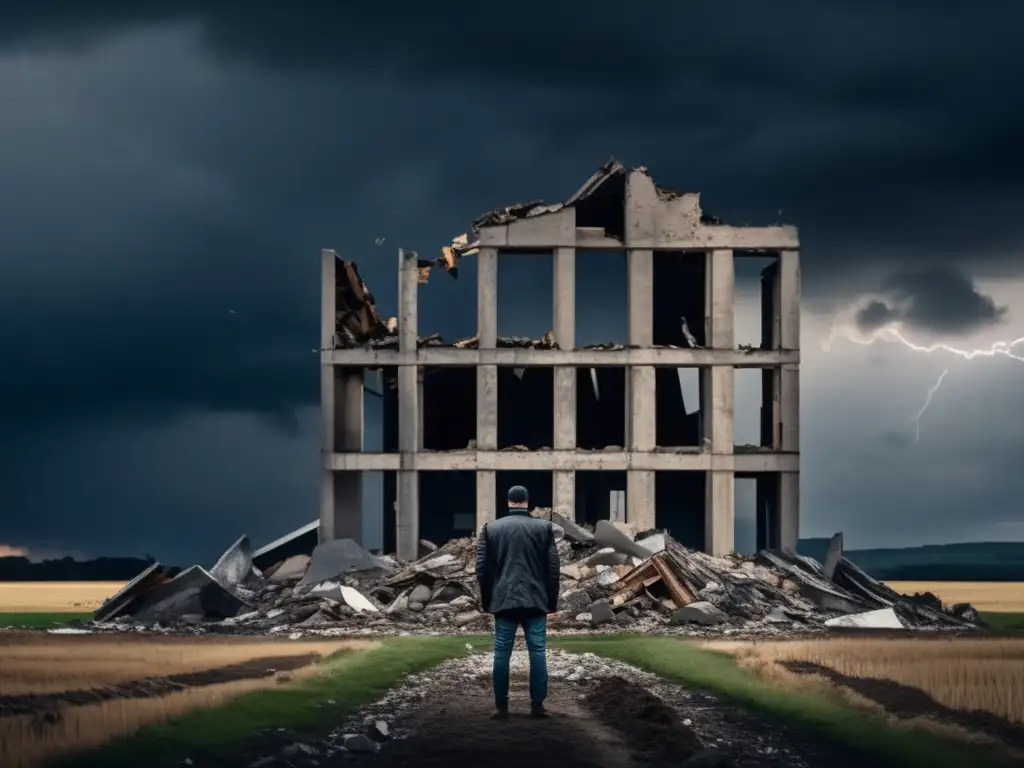 Repair Or Rebuild: Making The Tough Decisions Post-Hurricane
Repair Or Rebuild: Making The Tough Decisions Post-Hurricane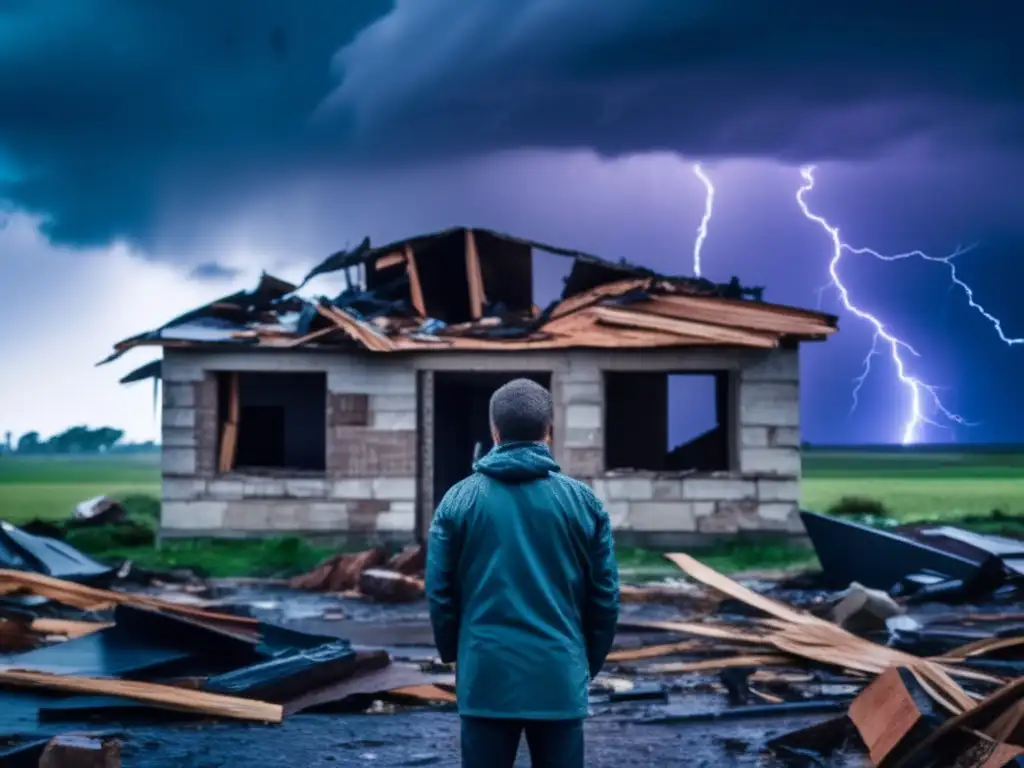 Dealing With The Aftermath: Emotional Recovery After A Hurricane
Dealing With The Aftermath: Emotional Recovery After A HurricaneIf you want to discover more articles similar to Picking Up The Pieces: First Steps After A Hurricane, you can visit the Hurricane recovery: category.
Leave a Reply

Articulos relacionados: